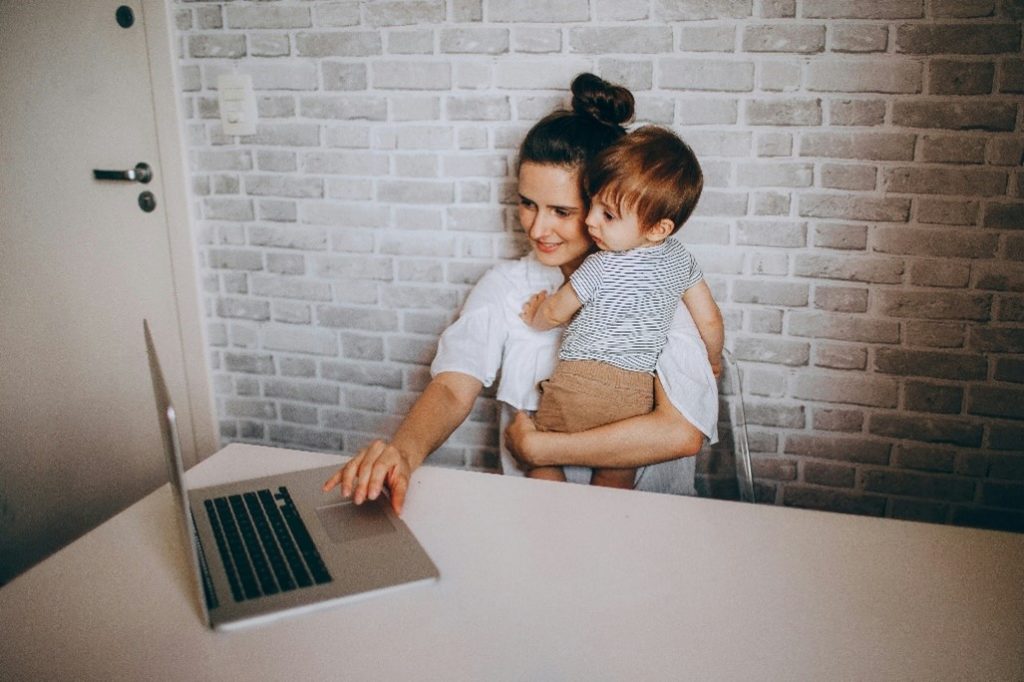
Summary
Against the common belief that generous parental leave discourages entrepreneurship, we find that offering more time and monetary resources through parental leave can promote mothers’ entrepreneurship. In our study, published in the Journal of Management Studies, we disentangle the impact of parental leave policies’ time and money components, and conclude that it is the time component of policies that matters most, while money affects the likelihood of becoming an entrepreneur only among mothers heavily burdened with household responsibilities.
Parental leave
Although the number of women running their own businesses is steadily increasing worldwide, there is still an apparent gender gap in entrepreneurship. A major challenge for female entrepreneurship is that women are substantially involved in caregiving and family related work, making it difficult to combine both roles. This is particularly the case after childbirth. Parental leave is a core element of family policy in most OECD countries, and these policies are designed to encourage women’s labour market participation by offering job protection and financial security after childbirth. The intention is thus to support mother’s return to their previous employed jobs. In our study, we show that these policies also have unintended consequences for entrepreneurship by fostering (or hindering) mother’s decision to become entrepreneurs.
Time or Money?
Parental leave benefits are typically composed of a time (how long is the leave), and a money component (how much financial compensation one receives). In order to assess the impact of both elements, we follow a resource perspective, in which we identify time and money as individual resources that mothers have at their disposal in order to invest in entrepreneurial activities.
In our research we make use of two studies. In the first study, we turned to two real life parental leave policy changes that occurred in Germany, the first in 2001, and the second in 2007. We find that the contractionary policy reform of 2001 that mainly reduced the time component, also reduced the odds of mothers becoming self-employed by 17%. Whereas the reform of 2007, which was rather money-expansionary, was unrelated to mothers’ entrepreneurial entry.
In the second study, called a conjoint experiment, female participants were asked to imagine that they will be on parental leave soon and were presented with several scenarios that illustrate possible changes in parental leave policies. We asked them to think how various changes in the time and money components of parental leave would affect their likelihood to become an entrepreneur. The results confirmed the findings from study 1, and showed a significant effect for only the time, but not the money component of parental leave on women’s likelihood of self-employment. Furthermore, additional analyses show that women who receive strong emotional support from their spouses value a longer duration of parental leave, and women with greater household responsibilities value both a longer leave duration and a higher amount of money. Finally, the effects of parental leave are contingent on socio-economic status. Generous time-based parental leave policies encourage middle-class women to become entrepreneurs, whereas upper class women are less affected by any of the proposed parental leave changes.
Main takeaways
Women’s entrepreneurial entry decisions cannot be viewed in isolation from family factors. Our findings reveal that the time component of parental leave policies plays a crucial role in encouraging or discouraging mothers to pursue entrepreneurship. Longer parental leave periods significantly increase mother’s likelihood of becoming entrepreneurs by providing them with the time needed to explore and act upon entrepreneurial opportunities. In addition to designing parental leave policies, our findings suggest that policymakers should consider complementary measures to support mothers’ entrepreneurship. These include ensuring the availability of all-day childcare options and implementing government support programs tailored to female founders, such as mentorship initiatives. Together, these measures create a supportive ecosystem that enhances the feasibility and attractiveness of self-employment for mothers during this transitional life phase.

0 Comments